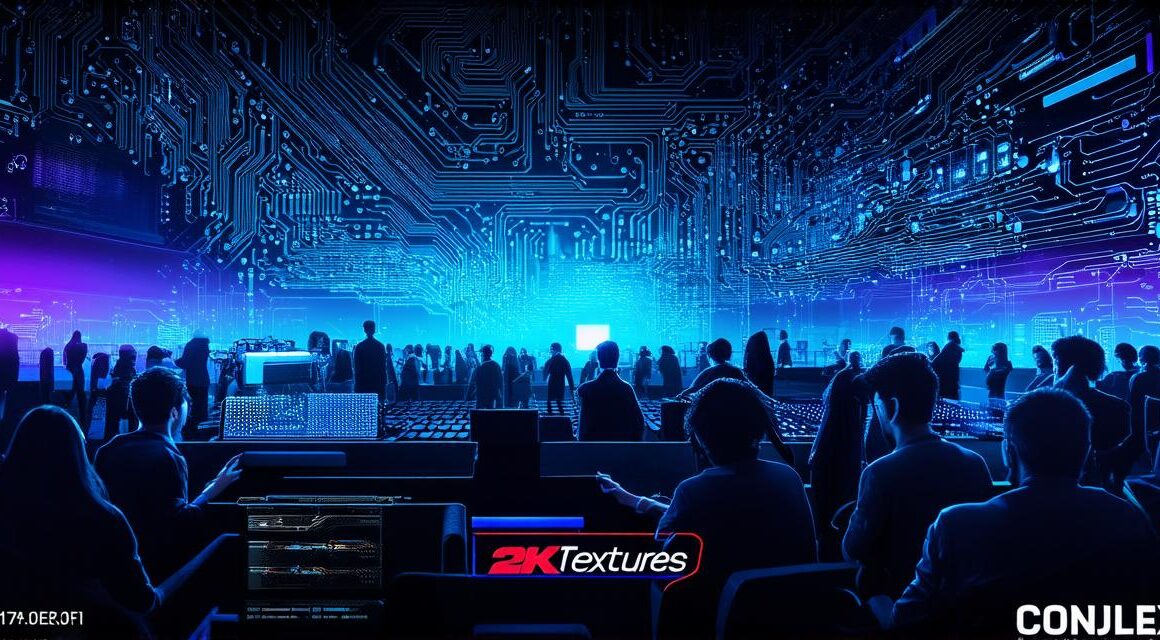Unity is a powerful and widely used game development platform that allows developers to create 2D, 3D, and augmented reality (AR) games. It’s free to use for personal projects, but requires a paid license for commercial projects. In this article, we will explore where you can download Unity from and the different licensing options available.
The Official Unity Website:
The easiest and most convenient way to download Unity is through the official website. You can visit https://unity.com/get-unity and select the version of Unity that best suits your needs. There are three versions available: Personal, Plus, and Pro.
Unity Hub:
The Unity Hub is another way to download and install Unity. It’s a desktop application that provides easy access to all of Unity’s features, as well as updates and support tools. To download the Unity Hub, visit https://unity.com/get-unity/download.
Third-Party Sites:
There are several third-party sites where you can download Unity, such as CNET, Softpedia, and FileHippo. These sites may offer additional features or add-ons that aren’t available through the official website or Unity Hub. However, it’s important to be cautious when downloading from these sources, as they may contain malware or other harmful software.
Unity License Options:
Now that we know where to download Unity from let’s take a closer look at the different licensing options available.
Personal:
The Personal version of Unity is free for personal use and allows developers to create games for non-commercial purposes. This includes games for educational or hobbyist use, as well as prototypes and demos. There are no limitations on the number of users or projects you can create with the Personal version.
Plus:
The Plus version of Unity is a paid license that provides additional features and support compared to the Personal version. It’s designed for small-to-medium sized studios and includes the following features:
- Asset Store access: This allows developers to access the Unity Asset Store, which contains thousands of pre-made assets, tools, and plugins that can be used in your games.
- Technical support: Plus users receive priority technical support from Unity’s support team.
- Cloud services: The Plus version includes access to Unity’s cloud services, which allow developers to store and access their projects from anywhere in the world.
Pro:
The Pro version of Unity is a more advanced license that provides even more features and support than the Plus version. It’s designed for larger studios and enterprises and includes the following features:
- Advanced analytics: This allows developers to track key metrics such as user engagement, in-game purchases, and ad performance.
- Multiplayer services: The Pro version includes support for multiplayer games, including dedicated hosting and matchmaking services.
- Enterprise features: Pro users also receive enterprise-level features such as source code access, custom branding, and dedicated account managers.
Unity’s Licensing Model:
Unity uses a licensing model that is based on the number of active users. This means that you need to register each device that you will be using Unity on. For example, if you have a team of five developers working on a project and each developer has their own computer, you would need to register each computer with Unity.
The licensing model also includes usage limits based on the version of Unity you are using. For example, the Personal version allows for an unlimited number of users and projects, while the Plus and Pro versions have specific usage limits.
Case Study: Using Unity to Create a Virtual Reality Game
Let’s take a look at a real-life example of how Unity can be used to create a virtual reality (VR) game.
FAQ:
Q: Is there a free version of Unity available?
A: Yes, the Personal version of Unity is free for personal use and allows developers to create games for non-commercial purposes.
Q: What are the licensing options for Unity?
A: The licensing options for Unity include Personal, Plus, and Pro. Each version has different features and support levels.
Q: How is Unity licensed based on user usage?
A: Unity uses a licensing model that is based on the number of active users. You need to register each device that you will be using Unity on, and there are usage limits based on the version of Unity you are using.
Q: What are some popular VR games created using Unity?
A: Some popular VR games created using Unity include “Job Simulator” and “Beat Saber”.
Summary:
In conclusion, Unity is a powerful game development platform that allows developers to create 2D, 3D, and AR games. There are different licensing options available, including the Personal, Plus, and Pro versions. Each version has its own set of features and support levels, making it easy for developers to choose the option that best fits their needs. With its wide range of tools and capabilities, Unity continues to be a popular choice for game developers looking to create immersive experiences for gamers. Whether you’re just starting out or an experienced developer, Unity has something for everyone.



